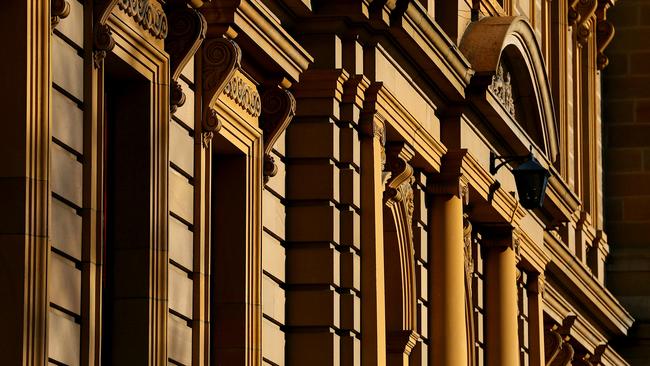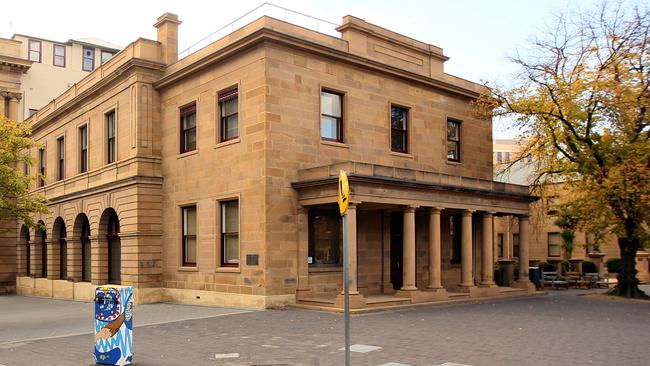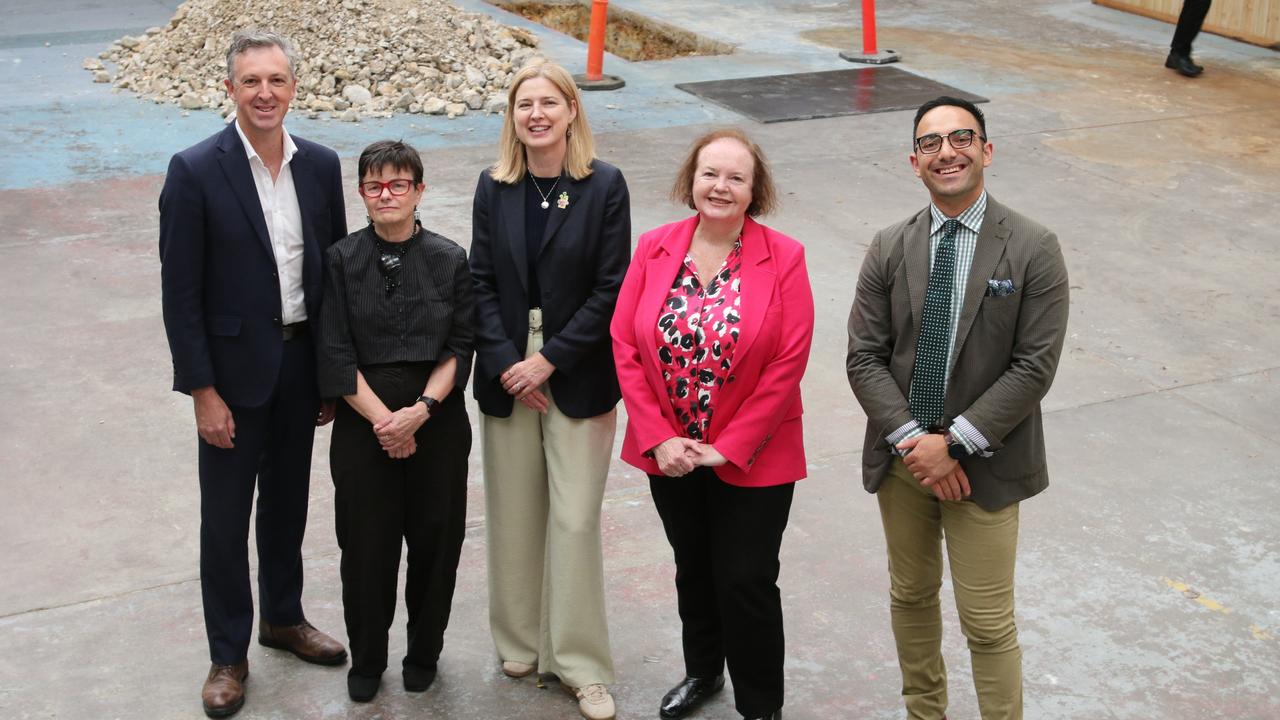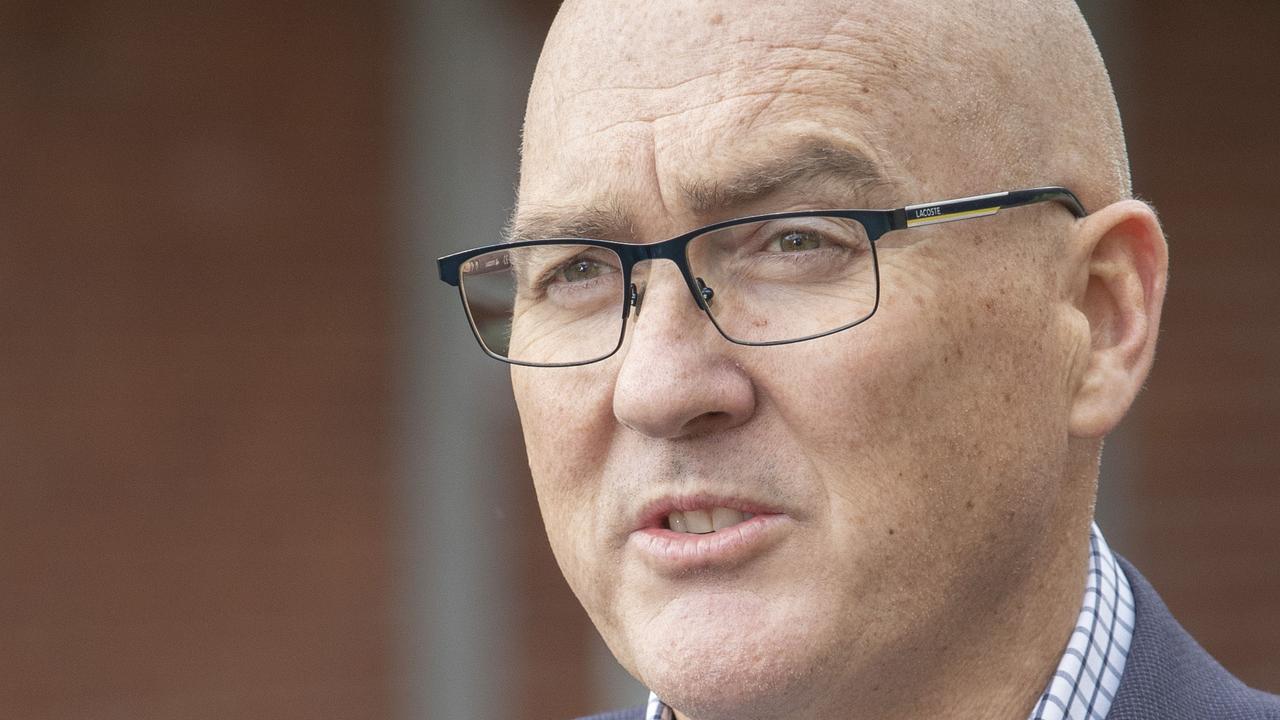Public consultation call on Treasury sale
THE State Government is being urged to seek a mandate before it considers selling iconic public buildings like the Treasury.

Politics
Don't miss out on the headlines from Politics. Followed categories will be added to My News.
THE State Government is being urged to seek a mandate before it considers selling iconic public buildings like the Treasury.
With the Greens and ALP questioning the process behind the potential sale of the historic building to a developer, a UTAS public policy expert says more public consultation is needed.
Associate Professor Kate Crowley told the Sunday Tasmanian asset sales could benefit the state, but offloading significant buildings required a mandate.
“There’s different discussions that need to be had depending on what asset it is,” Dr Crowley said.
“When you’re taking about something like the Treasury building, which is a building of some heritage significance, there needs to be a significant discussion about that.
“You would think that’s an asset you would want to keep in state hands.”
The State Government has asked for independent advice on alternative uses for publicly-owned buildings, including the Treasury.
Several developers have privately expressed an interest in turning the sandstone landmark into a luxury hotel.
The Government’s unsolicited bids process, run from the recently created Coordinator-General’s office, allows developers to bid for public assets.
Greens leader Cassy O’Connor is adamant the Government has embarked on a privatisation agenda after revelations the waterfront UTAS art school, a TasTAFE building and a Launceston office block were also being considered for sale.

The issue landed State Growth Minister Matthew Groom in strife last year, when he was forced to correct the parliamentary record on plans to sell the TasTAFE property.
Ms O’Connor says the transfer of 500 Housing Tasmania properties and the sale of Forestry Tasmania plantations also break a pre-election promise not to sell public assets.
“This is an intensification of asset sales by government and it’s targeting highly valuable and iconic public assets like the Treasury building and (the UTAS) Hunter Street (property),” Ms O’Connor said.
Labor has also attacked the process, labelling the Coordinator-General’s role a “$13.5 million extravagance”.
“The unsolicited bids process has been entirely behind closed doors and secretive — no mandate was given for this process,” ALP leader Bryan Green said.
MORE: LABOR CALLS FOR TRANSPARENCY
“These assets belong to the people of Tasmania.”
TALKING POINT: UNSOLICITED BIDS LACK SCRUTINY
Economist Saul Eslake said privatisation usually referred to the sale of government businesses.
He said there was no reason unused public buildings should not be considered for sale at a competitive market price.
“I don’t know whether treasury public servants still sit in the old Treasury building or not,” Mr Eslake said.
“If they’re all in 10 Murray Street or 15 Murray Street, why leave the building there sitting empty?”
Treasurer Peter Gutwein said the unsolicited bids process improved transparency and accountability.
“Governments have always been approached by private sector proponents, but up until recently Tasmania has been one of only two states without any guidelines as to how to deal with it,” he said.
Mr Gutwein said the process gave developers confidence they could approach the Government with unique ideas.


